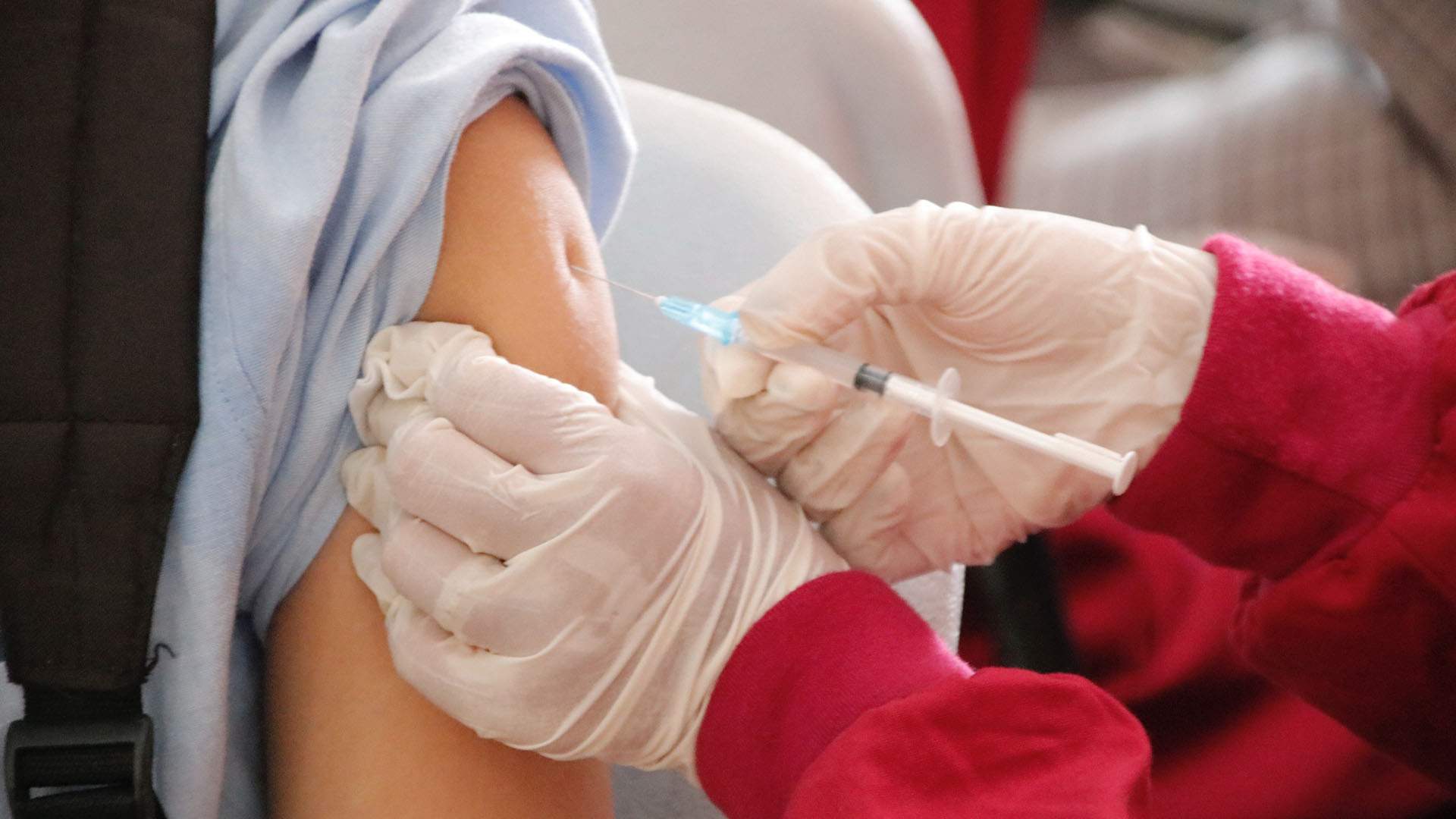Australians with Severely Compromised Immune Systems Can Get a Third COVID-19 Jab From October 11
The Australian Technical Advisory Group on Immunisation has confirmed the booster shots for severely immunocompromised Aussies, which'll start being rolled out from October 11.
Initially, even getting just one COVID-19 vaccination was a struggle, after Australia's inoculation rollout took its time in its early months. Then, we all started focusing on those crucial second jabs, especially with roadmaps out of lockdowns and towards international travel highlighting double-dose thresholds.
Now, with vax rates climbing quickly — as of Friday, October 8, 60.2 percent of Australians are fully vaccinated — third COVID-19 jabs have started gaining attention. Also called booster shots, they're designed to prolong the effectiveness of the coronavirus vax. And, they've just been given the go-ahead for Australians with severely compromised immune systems.
For most Aussies, that means that third jabs aren't on the cards at the moment; however, the Australian Technical Advisory Group on Immunisation (ATAGI) has now recommended booster shots for severely immunocompromised folks. Also, Federal Health Minister Greg Hunt has advised that they'll start being rolled out from Monday, October 11.
"This is for the severely immunocompromised — a group of up to 500,000," said Hunt. "It's about providing additional protection."
We're expecting to receive advice on booster doses for the general population in the coming weeks.
With over 151 million Pfizer, Novavax & Moderna vaccines secured for supply into the future, Australia is prepared to provide booster doses if recommended by the medical experts.
— Greg Hunt (@GregHuntMP) October 8, 2021
ATAGI has outlined exactly who falls into the severely immunocompromised category, and why it's making this recommendation. The group spans people with cancer, or who've had stem cell transplants or organ transplants; folks undertaking immunosuppressive therapies for cancer such as chemotherapy, radiotherapy or hormone therapy; others taking immunosuppressive therapies and some certain steroids; and those born with immunodeficiencies. If you're an Aussie who fits any of these descriptions, you might not be as protected by the regular two jabs.
It's also recommended that an mRNA vaccine (so either Pfizer or Moderna) is used instead of AstraZeneca's jab (which is now called Vaxzevria) for the third dose. That said, the latter can be used if you had the AZ vax for your first two shots and you didn't have a reaction, or you've had a reaction to either the Pfizer or Moderna vaccinations.
Timing-wise, ATAGI recommends waiting between two and six months after you've had your second dose, although a four-week minimum interval will be considered if it's likely your immunosuppression is about to get worse or there's a big COVID-19 outbreak.
Severely immunocompromised Aussies can talk to their doctors about getting the third jab, with ATAGI's recommendations and guidelines now being sent to GP surgeries, pharmacies and aged care disability care settings.
For all other Aussies who aren't eligible for booster shots yet, Hunt said that news is on the way. "The next stage, the general population stage, of the booster program, we're expecting advice from ATAGI before the end of October," he advised.
For more information about booster COVID-19 vaccinations for severely immunocompromised Australians, visit the Australian Technical Advisory Group on Immunisation website.





